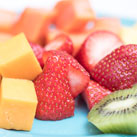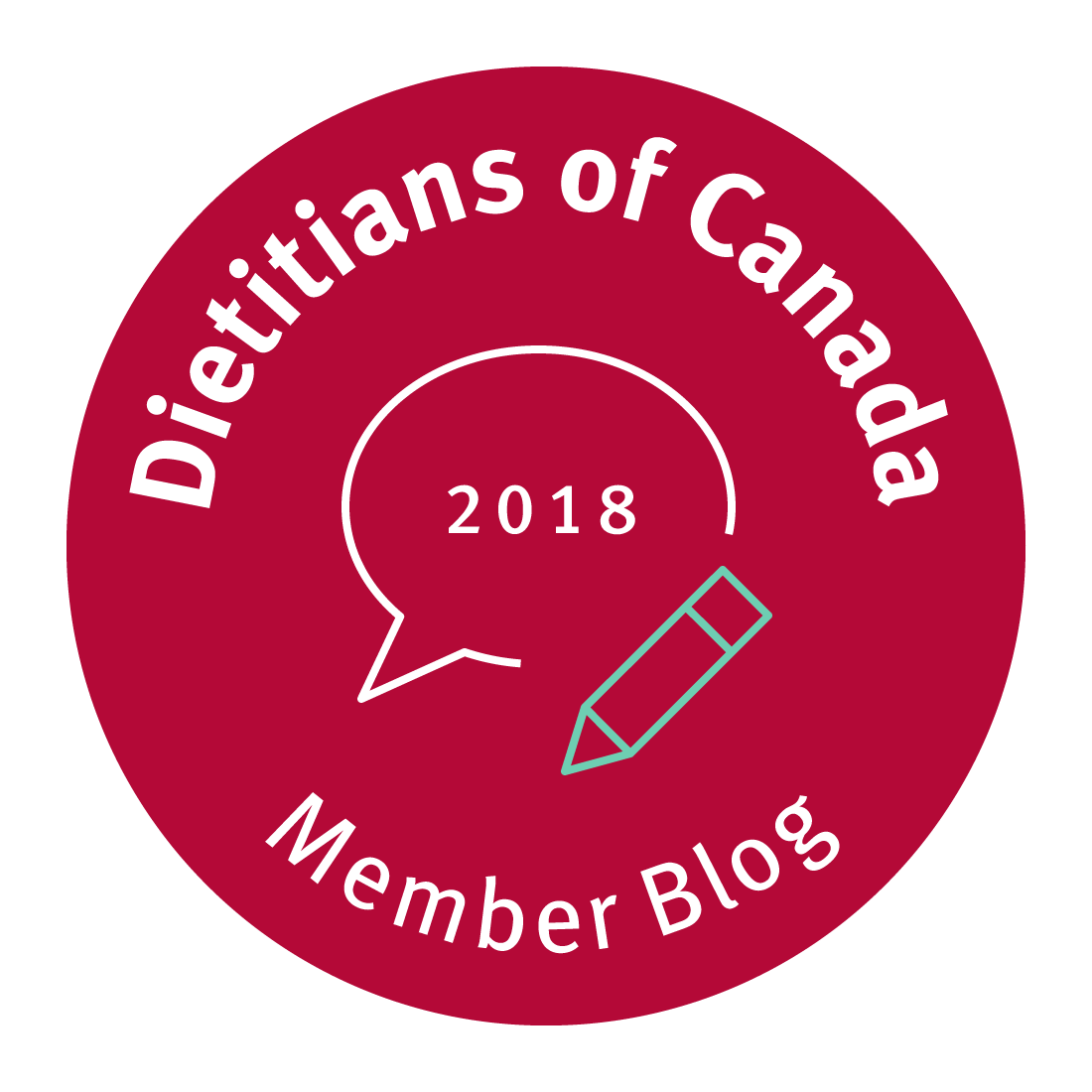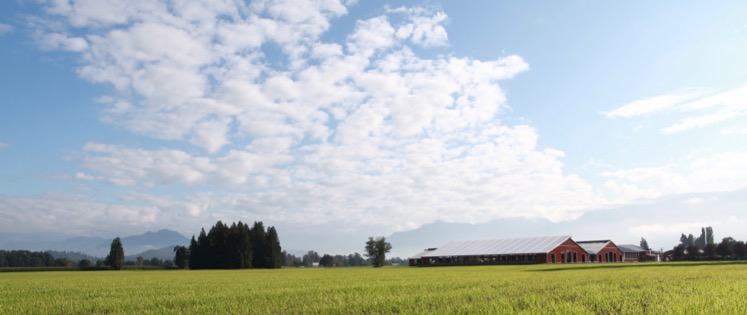Did you know, lactose intolerance doesn’t have to mean dairy avoidance? Learn more, here.
If you have a lactose intolerance (like me!), it doesn’t have to mean the end of cheesy pizza and yogurt smoothies (I enjoy these regularly in fact). There’s lots of misinformation out there, but I want you to breathe easy knowing that you can still safely (and comfortably) eat dairy-based foods even if you have lactose intolerance.
What is lactose intolerance?
As a dietitian, I often see clients who have been diagnosed with a lactose intolerance and help them understand what it means, and how to adjust their diet so they can relieve their symptoms, but still enjoy the foods they love. I explain that milk contains a sugar called lactose, which some people have trouble digesting if they consume a lot at once. They may experience gas (embarrassing!), diarrhea or bloating when they eat dairy-based foods.
“Personally, I was able to slowly re-incorporate yogurt, cheese and small amounts of milk into my diet after being diagnosed—and I’ve enjoyed them ever since.”
What really resonates with clients is when I explain that their degree of lactose intolerance can change over time, and that they can adapt to lactose by drinking milk or eating other dairy foods in small amounts. Personally, I was able to slowly re-incorporate yogurt, cheese and small amounts of milk into my diet after being diagnosed—and I’ve enjoyed them ever since. In fact, most lactose intolerant adults can tolerate 250 mL/1 cup of milk daily with no discomfort.
There’s nothing quite like it – So, what should I do?
If you have lactose intolerance, try drinking lactose-free milk such as Lactaid or Lacteeze. These types of milk contain an enzyme called lactase, which breaks down the lactose in milk, making it easier for you to digest. Lactose-free milk provides essentially the same quantities of vitamins and minerals as regular milk.
I also offer these suggestions to help my clients deal with lactose intolerance if they want to include dairy in their diet:

- Eat cheese! Hard cheeses like cheddar and Parmesan are very low in lactose, and tend to be well-tolerated by people with lactose intolerance. Cottage cheese is a good choice too.
- Drink small amounts of milk throughout the day, instead of drinking a cupful at one sitting. Add some milk to tea or coffee, or when cooking or baking.
- Include milk as part of meals and snacks, instead of drinking it on its own on an empty stomach.
- Enjoy fermented dairy foods such as yogurt or kefir (an effervescent milk-based beverage), which naturally contain live bacteria that help break down lactose. Try including small amounts in a smoothie or mix it into your oatmeal to start. You’ll figure out what your threshold is in time.
- Limit your intake of foods that cause you discomfort. You may be able to tolerate certain lactose-containing foods while other people with lactose intolerance can enjoy different foods. Everyone is different.
- Lactase enzyme also comes in pill form, and can be taken before eating a meal that contains milk products, such as pizza or macaroni & cheese.
Do Not Confuse Lactose Intolerance with Dairy Allergy—two different things!
Some of my clients have confused lactose intolerance with milk allergy, but the two conditions are unrelated. Milk allergy is an immune response to a protein in milk, and may cause symptoms such as rash, wheezing, diarrhea, nausea and vomiting. Unlike a milk allergy, intolerance doesn’t involve the immune system.
People with a true milk allergy cannot have small amounts of milk, yogurt or cheese, as even small quantities can cause an allergic reaction. It’s important to be properly diagnosed. If you react to milk products, see your doctor to determine if it could be lactose intolerance or a milk allergy.
When it comes to your kids, be extra cautious with milk alternatives.


Related Articles:
Not all milks are created equal!
The Growing Concerns about Milk Alternatives For Kids
I’m Lactose Intolerant and Can’t Drink Milk
Should Lactose Intolerant Individuals Avoid all Milk and Dairy Products?



